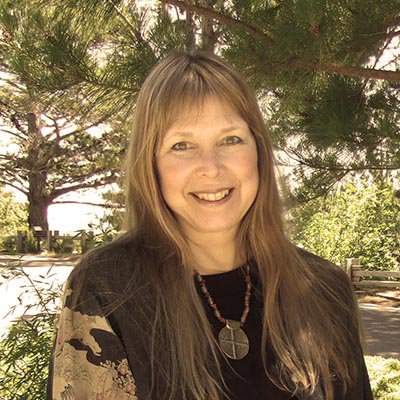As a toddler, Mimi Koehl loved the water. Its 3-D structure and how it changed with time fascinated her.

When she went to school, words and dates were hard to memorize, and subjects that required reading took her long hours just to do okay.
She thought she was stupid.
Later, when she started studying science, she figured out that learning the concepts eliminated the need to read the book and memorize facts.
She thought she was cheating.
Her father, who was a physics professor and probably an unidentified dyslexic, taught her some tricks at home, that made mathematics fun.
And he allowed her to use her spatial skills to build doll furniture.
At college, she had to take a science class and chose biology. During the course, she discovered her fascination with natural form, learning how it worked, and what difference it made.
She switched her major from art to biology and went on to earn a Ph.D. in it.
At 45 years, she learned she is dyslexic. A dyslexic fellow observed her while crossing the street to a restaurant and ordering her meal and suggested that, like him, she was dyslexic.
She tells the story of her difficulty using a keypad to enter her lab after they changed from physical keys. To get a metal key, she had to prove she qualified for it, so she went and got tested for dyslexia.
It was only then her struggles at school made sense. She was visually and auditorily dyslexic.
Today, Dr. Mimi Koehl is a marine biologist, biomechanist, Professor at the University of California, Berkeley, and head of the Koehl lab.
She was a MacArthur Fellow in 1990 and is the recipient of many awards and honors from different fields—Biomechanics, Geophysics, and Oceanography.
Her passion is discovering how nature works and teaching students to discover things themselves.
Her special interest is the physics of how organisms interact with their environment.
To do that, she must put together different fields: Biology and Ecology plus Physics and Engineering.
She draws from all these sources to answer her questions.
She does exceptional work by using her dyslexic ability to put herself in the world of microorganisms, spatially and temporally.
While speaking about herself and her work, she calls herself creative, wacky, and innovative.
When children with dyslexia discover and understand their special gifts, there’s no limit to where they can go.

What an awesome lady! My now 31 year old granddaughter basically self taught herself when she realized she had learning issues. She was never diagnosed with dyslexia but after reading your blogs that may have been her problem in younger years.
The beautiful thing about children with dyslexia is that, once they have supportive parents, they persevere until they discover how they learn.
Florence, thank you for Dr. Koehl’s story! I have struggled lifelong to learn how to get my brain to work well, and it is now working the best it ever has. How fantastic that Dr. Koehl found her way! I always feel encouraged by your articles.
You’re welcome, Kebba. One main reason I publish these spotlight articles is to encourage those who learn differently. I’m glad they help you.